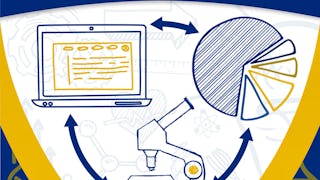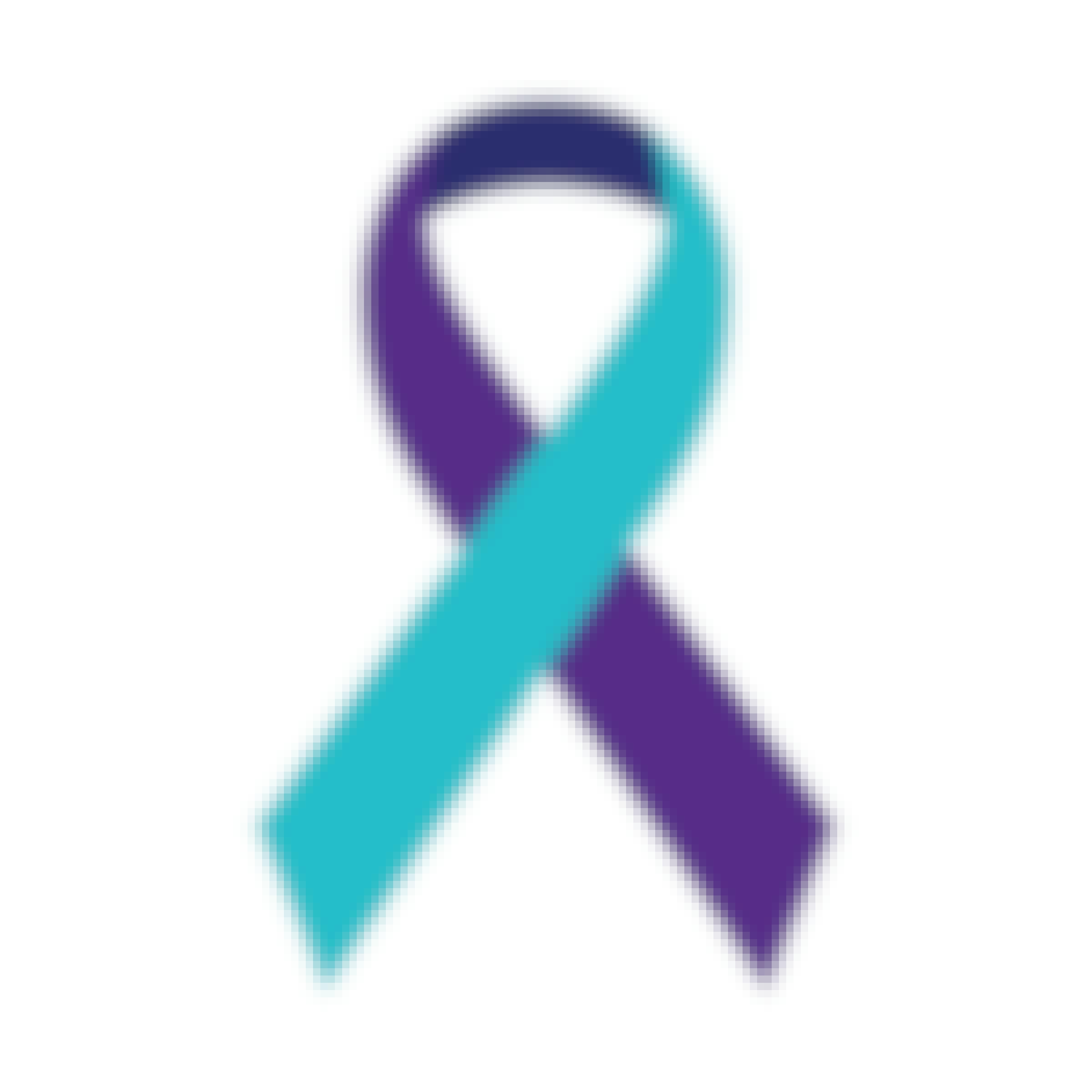Filter by
SubjectRequired
LanguageRequired
The language used throughout the course, in both instruction and assessments.
Learning ProductRequired
LevelRequired
DurationRequired
SkillsRequired
SubtitlesRequired
EducatorRequired
Explore the Health Economics Course Catalog

The University of Edinburgh
Skills you'll gain: Anatomy, Vital Signs, Respiration, Health Care, Caregiving, Health Systems, Health Assessment, Clinical Experience, Medical History Documentation, Cardiology, Biology, Practice Management
 Status: Preview
Status: PreviewIE Business School
Skills you'll gain: Competitive Analysis, Business Strategy, Economics, Market Dynamics, Business Economics, Strategic Thinking, Market Analysis, Strategic Planning, Strategic Marketing, Resource Management, Business Process
 Status: Preview
Status: PreviewUniversity of London
Skills you'll gain: Brand Management, Branding, Brand Marketing, Brand Strategy, Brand Awareness, Employee Engagement, Marketing Management, Global Marketing, Internal Communications, Customer experience strategy (CX), Human Resources, Organizational Change, Consumer Behaviour, Cross-Functional Collaboration

Johns Hopkins University
Skills you'll gain: Health Technology, Telehealth, Health Systems, Healthcare Industry Knowledge, Health Care, Medical Terminology, Health Policy, Health Informatics, Entrepreneurship, Payment Systems, Medicare, Innovation, Data-Driven Decision-Making
 Status: Preview
Status: PreviewUniversiteit Leiden
Skills you'll gain: Health Disparities, Health Systems, Public Health, Health Care, Health Policy, Community Health, Preventative Care, Epidemiology, Health Assessment, Risk Analysis
 Status: Free Trial
Status: Free TrialImperial College London
Skills you'll gain: Epidemiology, Clinical Trials, Research Design, Public Health and Disease Prevention, Clinical Research, Public Health, Preventative Care, Data Collection, Biostatistics, Research Methodologies, Program Evaluation, Health Assessment, Research, General Medical Tests and Procedures, Risk Analysis, Quantitative Research, Health Policy, Correlation Analysis, Statistical Methods, Statistical Analysis
 Status: Preview
Status: PreviewUniversity of Colorado Boulder
Skills you'll gain: Kinesiology, Nutrition and Diet, Health Assessment, Pharmacology, Public Health and Disease Prevention, Preventative Care, Respiration, Anatomy, Chronic Diseases, Vital Signs, Biochemistry, Public Health, Biology, Cardiology
 Status: Preview
Status: PreviewWesleyan University
Skills you'll gain: Preventative Care, Research, Crisis Intervention, Research Methodologies, Epidemiology, Behavioral Health, Mental Health Diseases and Disorders, Sociology, Public Health, Mental Health, Psychology
 Status: Free Trial
Status: Free TrialSkills you'll gain: Prompt Engineering, ChatGPT, Generative AI, Large Language Modeling, Data Ethics, OpenAI, Artificial Intelligence, Software Development Tools, Software Testing, Test Automation, Software Development, DevSecOps, Application Security, CI/CD, Natural Language Processing, Code Review, Software Engineering, Program Development, Software Architecture, IBM Cloud
 Status: Free Trial
Status: Free TrialJohns Hopkins University
Skills you'll gain: Electronic Medical Record, Health Technology, Health Information Management, Decision Support Systems, Clinical Data Management, Technical Support, End User Training and Support, Patient Registration, Databases, Change Control, Data Management, Authentications
 Status: Preview
Status: PreviewUniversitat Autònoma de Barcelona
Skills you'll gain: Crisis Intervention, Emergency Response, First Aid, Pediatrics, De-escalation Techniques, Stress Management, Disabilities, Trauma Care, Mental Health, Cultural Sensitivity, Working With Children, Child Development, Interpersonal Communications
 Status: Preview
Status: PreviewJohns Hopkins University
Skills you'll gain: Prompt Engineering, Large Language Modeling, ChatGPT, Generative AI, Healthcare Ethics, Public Health, Data Ethics, Public Health and Disease Prevention, Health Policy, Medical Science and Research, Artificial Intelligence, Microsoft Copilot, Health Equity, Emerging Technologies
Health Economics learners also search
In summary, here are 10 of our most popular health economics courses
- EDIVET: Do you have what it takes to be a veterinarian?: The University of Edinburgh
- Foundations of Strategy: IE Business School
- Brand Management: Aligning Business, Brand and Behaviour: University of London
- Introduction to Digital Health Entrepreneurship: Johns Hopkins University
- Population Health: Fundamentals of Population Health Management: Universiteit Leiden
- Epidemiology for Public Health: Imperial College London
- Science of Exercise: University of Colorado Boulder
- Suicide Prevention: Wesleyan University
- Generative AI for Software Developers: IBM
- Health Information Technology Fundamentals: Johns Hopkins University










